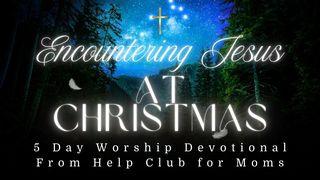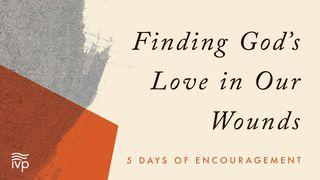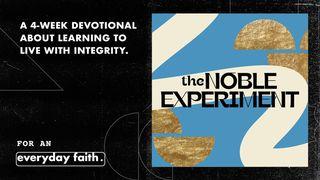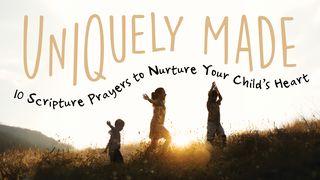Faith Among The Faithless: 10-Day Reading PlanSample

Many who have looked at our current cultural situation have looked to the prophet Daniel as a role model. Daniel found himself living in pagan Babylon and pressured on all sides to compromise, but he endured that pressure and lived to tell the tale, unstained by the culture around him. He bore witness to God’s faithfulness, and he won a certain respectability and plausibility for Jews in the process. . . .
Most scholars think he was taken into exile when he was about fifteen, which means he had spent most of his formative years in a Jewish world, immersed in the rhythms of the Jewish religion. He had a frame of reference for resistance in Babylon, clinging to his heritage and upbringing in the midst of a hostile world. And while he’s a great model of faithfulness, I’m not sure he’s the best reference point for most of us.
With that in mind, let me suggest an alternative to the Daniel model: someone born into exile, disconnected from a heritage of faith, out of touch with the practices that marked her people as distinct from the surrounding world. One who nonetheless found a way back to her identity as one of God’s people, and one who might illustrate a path forward for the rest of us.
I am talking about Esther, but not the Esther you may think you know. I’m talking about the real Esther—the biblical and historical Esther—whose life was a whirlwind of spiritual compromise and spiritual awakening, and whose story is full of power, sex, and violence.
This is the Esther whose great moment is marked not by a show of force, but by vulnerability. The climax of her story comes when, after weakening her body with three days and nights of fasting, she walks a path that could most likely end in her death, in hopes of saving God’s people.
Esther’s story reveals a way forward in a culture where people of faith find themselves at the margins of society. She neither clutches for power nor seeks self-protection. Instead, she faces reality, embraces weakness, and finds faith, hope, and help from a world unseen.
Her story is also an invitation to those whose faith, convictions, and morality are less than they wish they were.
Scripture
About this Plan

Mike Cosper uses the story of Esther to illustrate how Christians can live a life pleasing to God even when they are immersed in today's secular culture. Using parallels drawn between today's society and the world of Esther, he discusses different ways that Christians can stay strong in their faith despite the increasing war against God's kingdom.
More
Related plans

3 Steps to Being a KINGDOM BUILDER in Your Life Today - Part 2

Live Life Today!

The Comeback Part 1

3030 Battlefield of the Mind Edition

Get Your Life Back: Everyday Practices for a World Gone Mad by John Eldredge

Encountering Jesus at Christmas

Finding God’s Love in Our Wounds

The Noble Experiment

Uniquely Made: 10 Scripture Prayers to Nurture Your Child’s Heart
